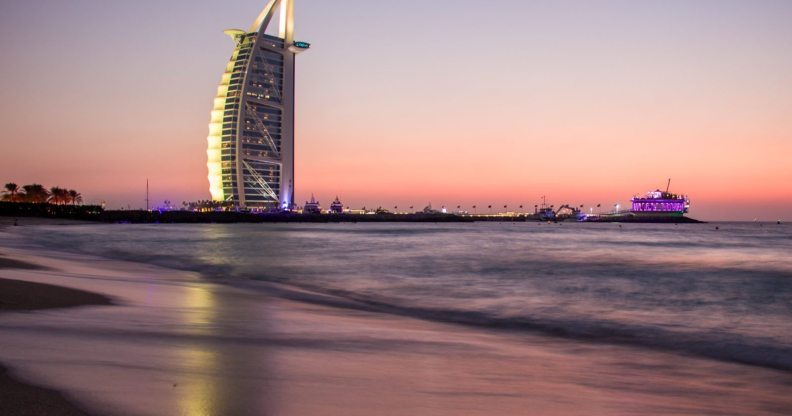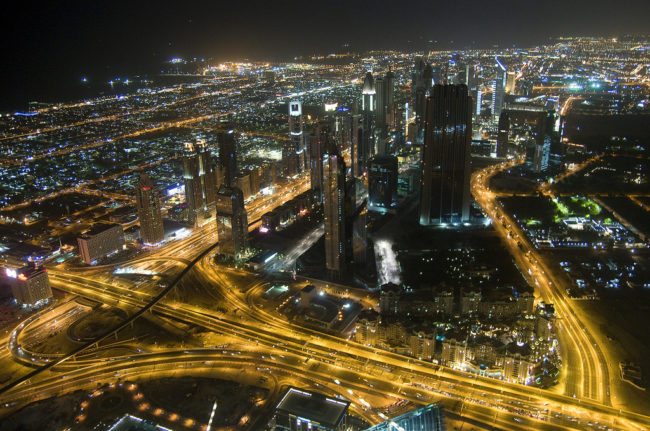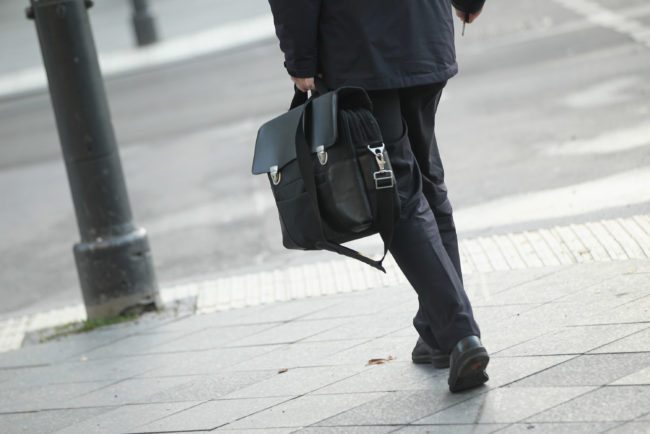For LGBT employees, working overseas can be a lonely, frustrating and dangerous experience

Academics Miriam Moeller, Jane Maley, and Ruth McPhail look at the experience of workers employed overseas.
As the number of workers taking international assignments increases, companies have more responsibility to look after their LGBTI employees who face persecution while on assignment.
Russia, Nigeria, Saudi Arabia and Indonesia are becoming some of the most challenging expatriate assignment destinations for multinational firms, according to relocation business BGRS. This is in part because some of these countries advocate the death penalty for homosexuality. Other popular assignment destinations include Brazil, India, China, Mexico and Turkey, and these countries exhibit less sensitivity to homosexuality.
International assignments among multinational corporations have increased by 25% since 2000 and the number is expected to reach more than 50% growth through 2020.

The opportunity for LGBTI expatriates and their respective families to be part of an intra-company transfer is statistically likely. Worldwide, the LGBTI population is estimated to be between 1-in-10 and 1-in-20 of the adult population, and over 200 million people worldwide live and work in a country other than their country of origin.
LGBTI employees relocating for a foreign assignment are likely to experience additional hardships compared to the typical expatriate. It’s not uncommon for a destination country to refuse spousal visas if same-sex marriage is not legal in that country.
Likewise, access to healthcare and other benefits can be restricted for those relocating as a same-sex couple. In their study about LGBTI expatriates in dangerous locations, Ruth McPhail and Yvonne McNulty highlighted an interview with one LGBTI expatriate who experienced difficulty in gaining a spousal visa in Indonesia:
I knew my wife would never get a spousal visa in Indonesia; my experience had prepared me for that. So instead I wanted to be guaranteed two things: firstly that my wife could come and stay at least 90 days at a time with multiple entry, and second that if there was a medical evacuation or civil strife situation that we would be evacuated as a family. These two matters were more important to me than what type of visa we were allocated.
On a daily basis, a lack of access to or interaction with other LGBTI families may be common among LGBTI expatriates, and “fitting in” is not always guaranteed. From a career perspective, LGBTI people may face a difficult workplace climate, a perceived lack of career opportunities or status at work.

For example, research shows that lesbians are faced with unique challenges for their career development. These include identifying the right job, and finding a way to get the job and develop on the job. This can easily stifle their potential.
Taking all of this into account, the experience of LGBTI employees on international assignment can be a frustrating and lonely experience. As a result, LGBTI employees may not accept international assignments in the first instance, out of fear of being stigmatised, unsupported or discriminated against by colleagues and the legal system in the host country.
Helping LGBTI employees on assignment overseas
In the end, multinational companies have two choices. One is to turn a blind eye to the challenges faced by LGBTI employees and subsequently suffer the consequences of premature assignment returns and failed assignment costs. The other is taking an equally challenging path by acknowledging the challenges and concentrating on efforts to support LGBTI people through their international assignment experience.
The Williams Institute found that some multinational companies are leading the way by adopting policies specific to LGBTI people. They are reporting improved employee morale and productivity as a result.

(Photo by Sean Gallup/Getty Images)
If companies are aware that these issues deter LGBTI employees from considering international assignments in the first place, there are effective support mechanisms to use. One option is to map out an LGBTI employee’s career and where that fits with their life goals, because these influence their experience overseas.
Whether or not the employee chooses to disclose their sexual orientation could also affect their assignment overseas. These needs should be weighed up relative to the degree of assignment difficulty.
During an assignment companies can provide additional support to mitigate liabilities, like offering a voluntary reassignment or the option to return home prematurely. As with any good support system, the lines of communication must go both ways.
Multinational corporations have a duty of care to the LGBTI community to ensure that their international assignment experiences maintain a suitable level of support.
Authors:
Miriam Moeller, Senior Lecturer, International Business, The University of Queensland
Jane Maley, Senior lecturer in management, Charles Sturt University
Ruth McPhail, Head of the Department of Employment Relations and Human Resources & Professor at Griffith University President RQAS GC, Griffith University
![]()
This article was originally published on The Conversation. Read the original article.

